1.4 Cyber Threats
Section outline
-
The intent of this Knowledge Unit is to provide students with basic information about the threats that may be present in the cyber realm.
-
1.4.1 Topic(s)
-
Adversaries and Targets
-
Motivations and Techniques
-
The Adversary Model (resources, capabilities, intent, motivation, risk aversion, access)
-
Types of Attacks
-
Password guessing / cracking
-
Backdoors / Trojans / Viruses / Wireless Attacks
-
Sniffing / Spoofing / Session Hijacking
-
Denial of Service / Distributed DOS / BOTs
-
MAC spoofing / Web App Attacks / 0-Day Exploits
-
Vulnerabilities that Enable Attacks
-
Attack Timing (within x minutes of being attached to the net)
-
Social Engineering
-
Events that indicate an attack is/has happened
-
Legal Issues
-
Attack Surfaces / Vectors
-
Attack Trees
-
Insider Problem
-
Covert Channels
-
Threat Information Sources (e.g., CERT)
-
1.4.2 Outcome(s): Students will be able to:
____ Identify the bad actors in cyberspace and compare and contrast their resources, capabilities/techniques, motivations, aversion to risk
____ Describe different types of attacks and their characteristics
-

